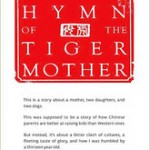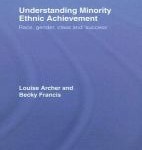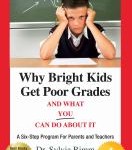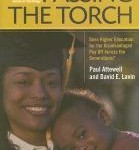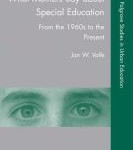Battle Hymn of the Tiger Mother
Amy Chua
New York: Penguin Press
Education Library: HQ759 .C59 2011
The adage, ‘Educate a man and you have a professional in the work force; educate a woman and you educate a family,’ has its proof in these books.
There has has been a lot of media coverage about the book Battle Hymn of the Tiger Mother, by Amy Chua over the weekend of January 15-17, 2011. Book reviews, NPR, television news interviews have all described and interviewed Dr. Chua’s (a law professor at Yale) hard driving approach in instilling high performance for her two daughters, now ages 14 and 17.
I am presenting some of the academic books at McLure Education Library that relate to the topic of parents and student achievement. These books are not all about privileged Ivy Leaguers.
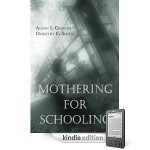
Narrowing the Achievement Gap: Strategies for Educating Latino, Black, and Asian Students –
Susan J. Paik, Herbert J. Walberg, editor; foreword by Edmund W. Gordon.
New York: Springer, 2007
Education Library LC3731 .N27 2007
This book serves as a valuable professional tool by: Providing effective strategies from experienced scholars and professionals that can be used to improve academic achievement and well-being of minority students. Examining, collectively, three cultural groups in one concise, yet comprehensive book on themes related to diverse families, immigration issues, and teaching and learning. Conceptualizing opportunities and challenges in working with minority children in the context of the federal No Child Left Behind act, related state and local educational policies, and current social trends.
Understanding Ethnic Minority Achievement: Race, Gender, Class and ‘Success.’
Louise Archer and Becky Francis.
London: Routledge 2007.
Education Library LC3085.G7 A73 2007
This timely and authoritative book, written by British authors from a British point of view builds upon, and contributes to, ongoing debates about levels of achievement among minority ethnic pupils, working class pupils and more generally, the issue of boys’ underachievement.
Why bright kids get poor grades and what you can do about it : a six-step program for parents and teachers
Sylvia Rimm.
Scottsdale, AZ : Great Potential Press, c2008.
Education Library LC4691 .R57 2008
Drawing on both clinical research and years of experience counseling families, Dr. Rimm has developed a ‘Trifocal Model’ to help parents and teachers work together to get students back on track. It is effective for a wide range of students, from preschool through college. This is more ‘how-to than scholarly, but draws on scholarly research and clinical experience.
Passing the torch : does higher education for the disadvantaged pay off across the generations?
Paul Attewell and David E. Lavin ; in collaboration with Thurston Domina and Tania Levey.
New York : Russell Sage Foundation, c2007.
Education Library LC4069.6 .A87 2007
Not so much a how-to manual, but looks at the advantages of higher education to women and men, and subsequently their children. One chapter ‘How college changes a mother’s parenting and affects her children’s educational outcomes,’ is pertinent, as is the whole sociological profile of the book.
What Mothers Say about Special Education: from the 1960’s to present.
Jan W. Valle.
New York: Palgrave Macmillan
Education Library: LC3981 .V24 2009
This book documents the experiences of 15 mothers whose children labeled learning disabled attended public schools during the last four decades. Despite the right of parents to participate in educational decision-making, these mothers describe the challenge of exercising that right. In candid and compelling narratives, mothers speak to the language of experts, conflicts in shared decision-making, devaluation of “mother knowledge,” and the influence of race, class, and gender. The constancy of issues suggests that this landmark legislation may, in fact, have engendered minimal changes in the lives of mothers and their children
